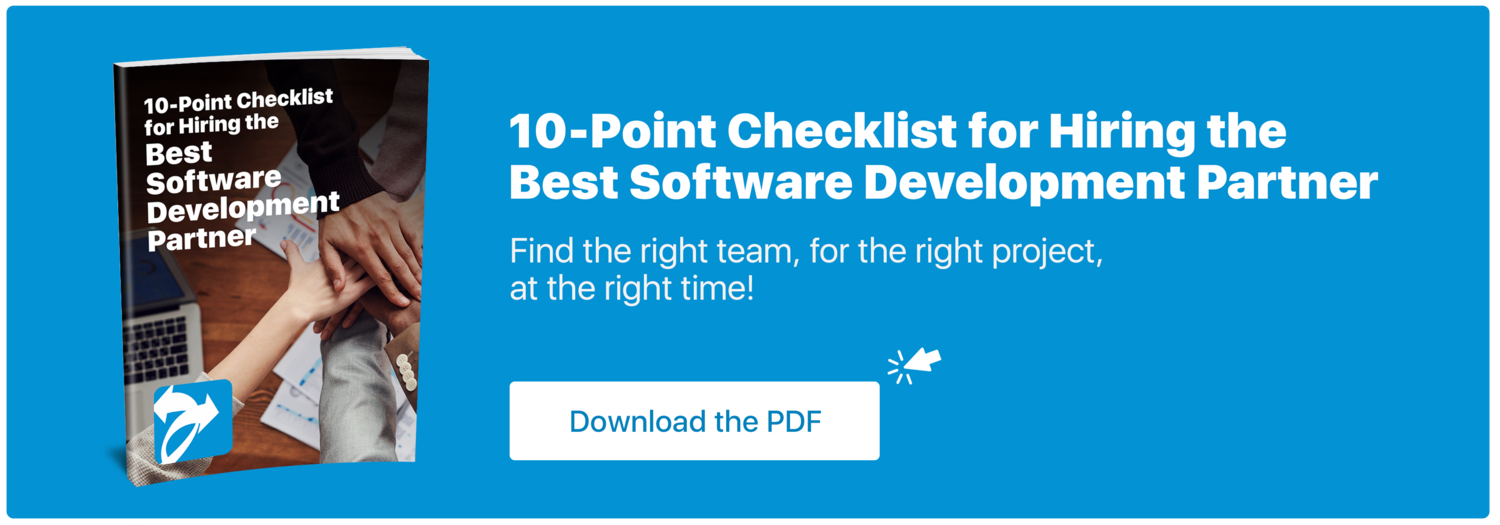Selling a product, a business, or an idea starts with selling yourself. As the face of what you’re representing it is your duty to leave a good impression. This is done through building and maintaining relationships. A business relationship is not too different from any other relationship, it requires effort to grow, and most importantly space. Space in terms of physical space yet also space to operate independently.
This topic is interesting because it works in two different ways for client relationships and cohesion within an organization. The first being language and even physical space and the second being space from authority.
Scenario: you are meeting with a client (think of it as in person or on a call) you have the material which you want to deliver to the client to show what you offer. The client has opinions as well, most likely they have reviewed points they want to bring up to you (which you should be ready to answer). Now, during this interaction, you’re listening to the client's concerns and you have an answer to every one of them.
Do you butt in with your solutions? No, you listen and give them the breathing room to express everything. Giving them space to speak gives you time to absorb everything and think of a proper response. Stay composed, maintain a respectful distance, and trust that you will have your opportunity to speak. Not only will this be beneficial from a sales standpoint, but it will also demonstrate that you are an effective listener. This will ultimately build a level of trust with your client.
The same principle applies within an organization, leaders must recognize the times when their teams need to sort something out or have the time to complete a task on their own. These are little details that will go a long way in relationship building and demonstrating autonomy to subordinates. Finding the balance involves self-regulation and trust, whether you are in a sales position or a leader. You need to regulate yourself to understand what the situation calls for.
Here’s how you can get started:
For Clients
Communicate Expectations: Start the relationship off with honesty and transparency by discussing the frequency of communication, meeting protocols, or what your work together is intended to accomplish. Vice versa, allow your client to voice their needs and requests for your cooperation.
Regulate Your Schedule: Don’t bite off more than you can chew by making promises to clients without checking the status of other tasks. Of course, it can be tempting to agree to simply please the client at the moment but this will create problems for you later.
Maintain Perspective: When brought concerns, changes, or feedback, always be in a position of high ground where you can evaluate the situation logically. Especially in times where your client may be reacting abruptly, remain composed.
For The Organization
Designate Meeting Times: It is natural for organizations to want status updates as frequently as possible. What’s important to remember is that if a significant amount of time is spent on meetings, not enough time is spent on carrying out tasks. Plan ahead and set a briefing meeting and then status updates reasonably spaced out to give teams breathing room.
One on One Touch Base: With the success and advancement of an organization, leaders must value time where they can directly speak with employees. Whether this is done in the manner of a performance review or an informal check-in it should be made a priority. Taking this time allows subordinates to voice their thoughts and feel valued. The leader can then decipher what action needs to be taken to maintain an effective work environment.
Plan for Contingencies: Risk mitigation should be a staple in task preparation and meetings. Now it’s important to recognize that this does not mean focusing solely on what could go wrong. It simply means being able to pivot if diverted from the planned course of action or presented with challenges.
Prioritize Quality: This may seem like a given but there is a dichotomy when it comes to producing a volume of work and the quality of that work. Recognize that the quality of work you do is what will lead to repeat business. Be resourceful with tasks, don’t settle for a task just so you can start the next one.
Conclusion
Managing a level of professionalism in and out of an organization is what attracts business, they’re not buying the product, they’re buying you. Trust and credibility are what must be established before a client even considers what you offer.
We work with successful companies to increase their net profits using exceptional custom software solutions, contact us here to see how we can help your business grow!

















